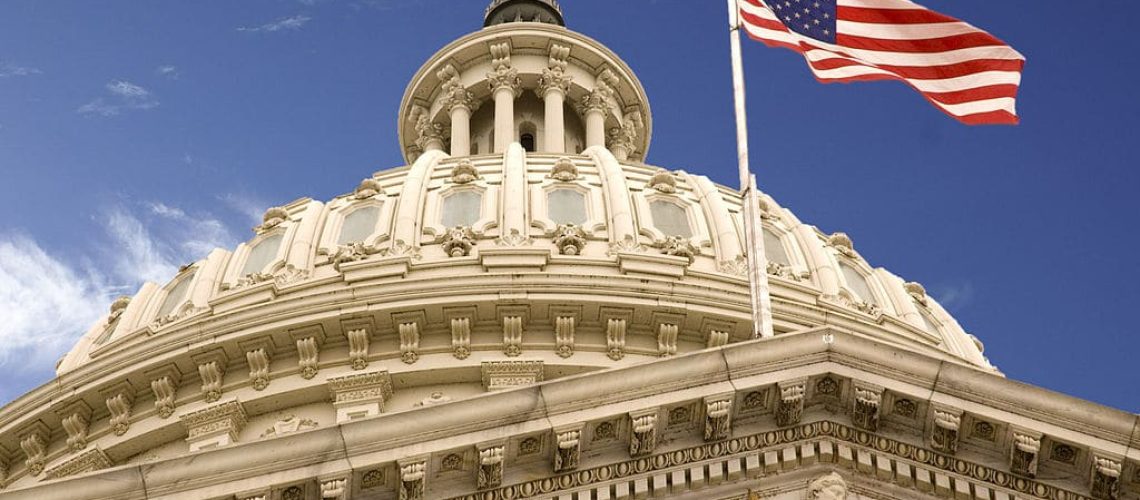US Senator Jacky Rosen led the group in writing a letter today to President Biden, asking him not to extend Section 201 tariffs on imported solar panels and cells.
U.S. Senator Jacky Rosen (D-NV) led a bipartisan group of Senators in a letter to President Joe Biden urging him not to extend the current Section 201 tariffs on imported solar panels and cells, which are set to expire on February 6.
The tariffs, which were first imposed by the Trump Administration, have caused increases in solar module prices and has been attributed by the Solar Energy Industries Association to the loss of more than 62,000 clean energy jobs and 10.5 GW of solar that did not get deployed.
The s201 tariff is imposed on all solar modules imported into the U.S. that don’t meet exemption status as published in the Federal Register. The current s201 tariff is 18% and, if the tariff is not extended, would drop to 0% in February 2022.
The bipartisan letter was signed by a group of eight U.S. Senators, including Rosen, and Senators Jerry Moran (R-KS), Brian Schatz (D-HI), Thom Tillis (R-NC), Sheldon Whitehouse (D-RI), Martin Heinrich (D-NM), Dianne Feinstein (D-CA), and Michael Bennet (D-CO). The Senators wrote:
“As you know, in February 2018, the Trump Administration imposed Section 201 tariffs on imported crystalline silicon solar panels and solar cell imports above an annual 2.5-gigawatt tariff rate quota,” wrote the Senators. “We believe that extending the tariffs will do nothing but add unnecessary costs to U.S. consumers, hurt American solar jobs, and artificially stymie the deployment of otherwise viable solar projects in the United States. We write to request that you allow the Section 201 tariffs currently imposed on imported solar panels and cells to lapse.”
The letter noted the Senators’ support for efforts to promote domestic manufacturing, which was one of the original intents of the tariffs. But, as the Senators pointed out, current domestic production only meets 15% of the US solar demand. Ramping up US-based manufacturing to meet domestic demand will take time. “We will need to utilize global supply chains, free of forced labor, to meet our clean energy and job creation goals while we expand our domestic solar production capacity. In the meantime, continued tariffs will hurt the nearly 90% of workers in the domestic solar industry who work in non-manufacturing jobs, from installation and maintenance to operations, distribution, and development,” the letter stated.
In addition, the Senators requested that if the tariffs are extended, that the exclusion for bifacial solar modules be preserved.
On Friday January 14, the US Department of Justice appealed the US Court of International Trade’s Section 201 ruling that struck down the Trump administration’s effort to raise solar tariffs.



